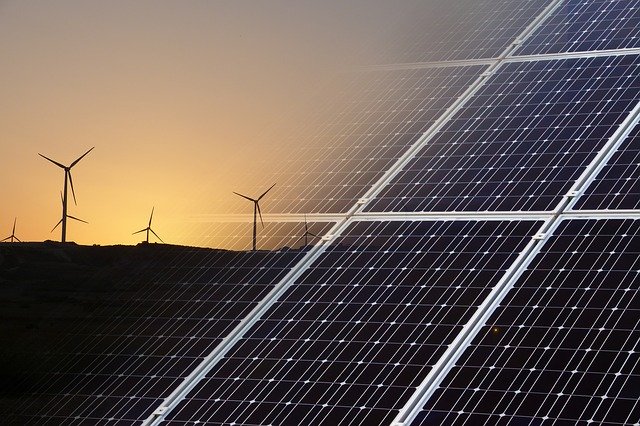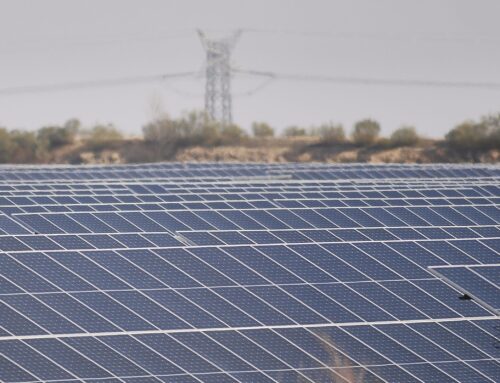New Study Explores Path To Transition From Coal Power To Renewable Energy In Northern Vietnam
September 24, 2024
A study conducted by the Institute of Energy, with support from the Global Environment Facility (GEF) through the GEAPP program, has explored the challenges and opportunities for transitioning away from coal-fired power plants in Northern Vietnam. The study, commissioned by the Ministry of Industry and Trade, provides valuable insights into the region’s energy landscape and potential pathways for a greener future.
In line with Vietnam’s commitment to net-zero emissions by 2050, the study examines the feasibility of replacing coal-fired power plants with renewable energy sources. While the North has a significant coal power capacity, the government has been working to phase out these plants in favor of cleaner alternatives.
The study highlights several key factors influencing the transition:
- Renewable energy potential: Northern Vietnam possesses abundant solar, wind, and hydropower resources that can be harnessed to replace coal-fired power generation.
- Technological advancements: Recent advancements in renewable energy technologies have made them more efficient and cost-competitive.
- Regulatory framework: The government’s support for renewable energy development, including policies and incentives, is crucial for facilitating the transition.
- Challenges and constraints: The study also identifies challenges such as grid integration, land availability, and the need for investment in renewable energy infrastructure.
The study’s findings will inform the Ministry of Industry and Trade’s efforts to develop a comprehensive roadmap for the energy transition in Northern Vietnam. This includes identifying the optimal mix of renewable energy sources, assessing the necessary investments, and addressing potential challenges.
By transitioning away from coal-fired power plants, Vietnam can reduce its greenhouse gas emissions, improve air quality, and enhance energy security. This shift aligns with the country’s broader commitment to sustainable development and climate action.
Related
Search
RECENT PRESS RELEASES
Related Post







